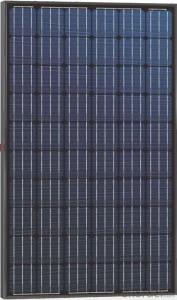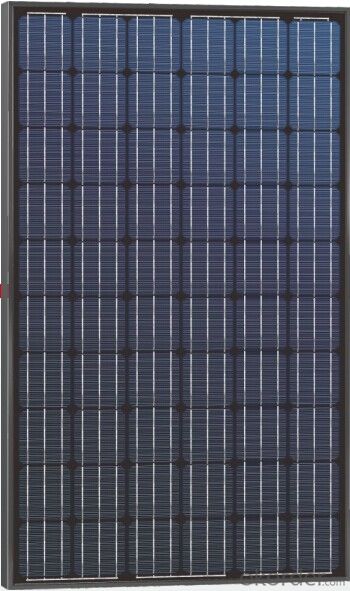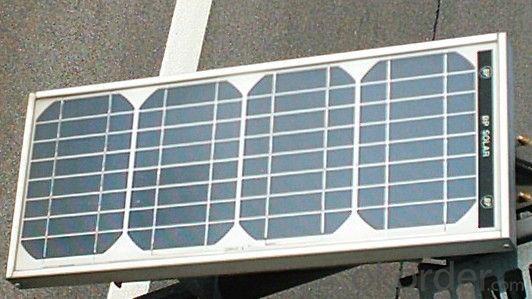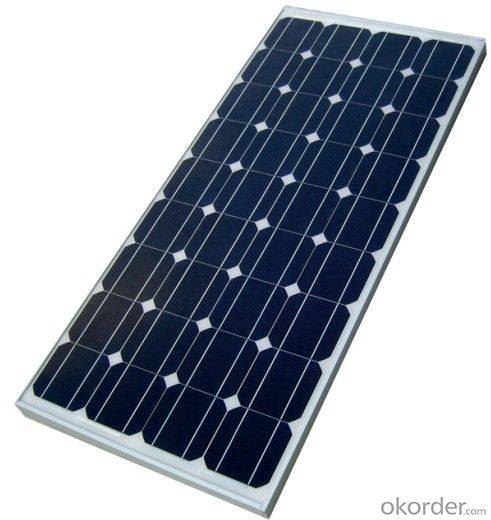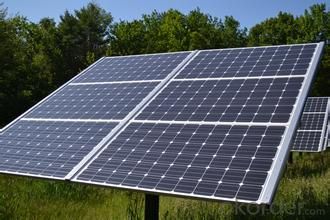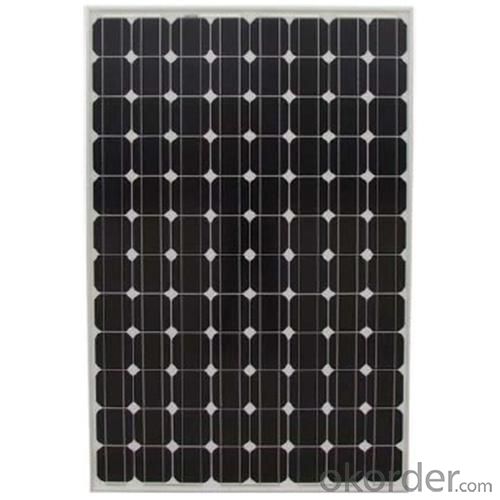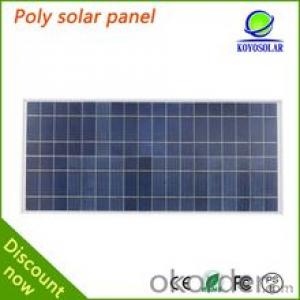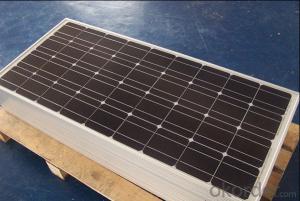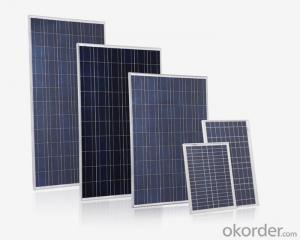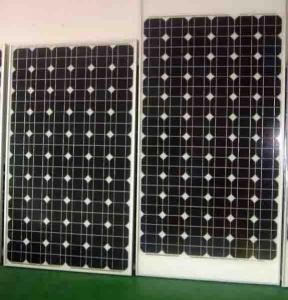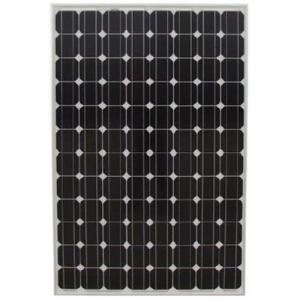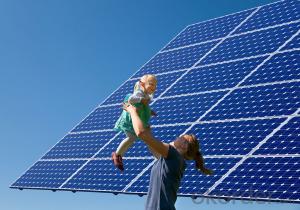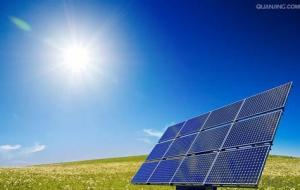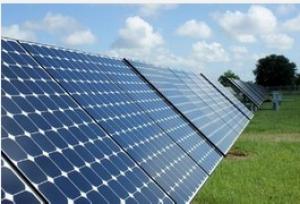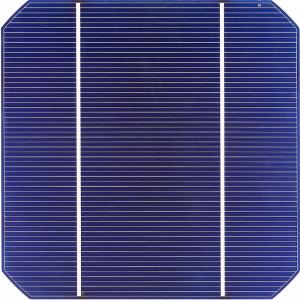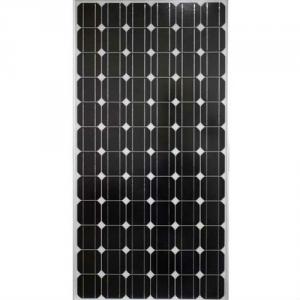Cubesat Solar Cells High Efficiency Monocrystalline PV Module Black Backboard 250W-260W
- Loading Port:
- China Main Port
- Payment Terms:
- TT or LC
- Min Order Qty:
- -
- Supply Capability:
- -
OKorder Service Pledge
OKorder Financial Service
You Might Also Like
Structure
Solar panel refers either to a photovoltaics (PV) module, a solar hot water panel, or to a set of solar photovoltaics modules electrically connected and mounted on a supporting structure. A PV module is a packaged, connected assembly of solar cells. Solar panels can be used as a component of a larger photovoltaic system to generate and supply electricity in commercial and residential applications.
Features
Nominal 20V DC for standard output.
Out standing low-light performance.
Heavy-duty anodized frames.
High transparent low-iron, tempered glass.
Rugged design to withstand high wind pressure, hail and snow load.
Aesthetic appearance.
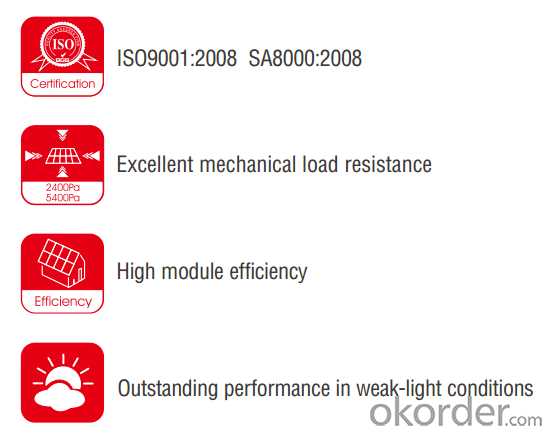
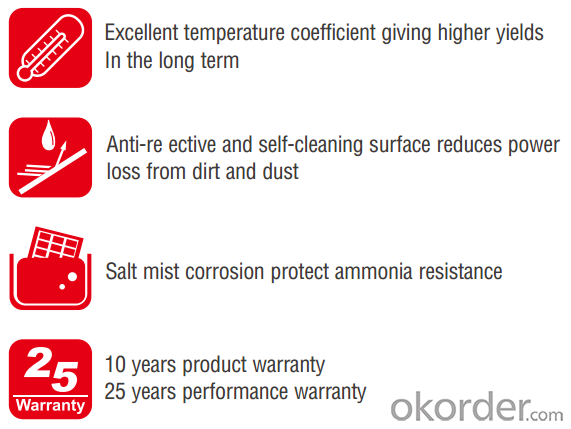

Images
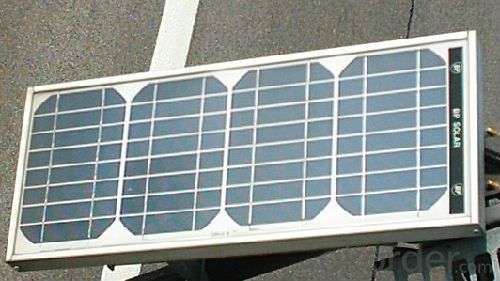
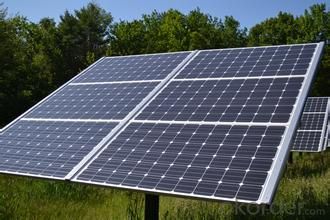
Specification
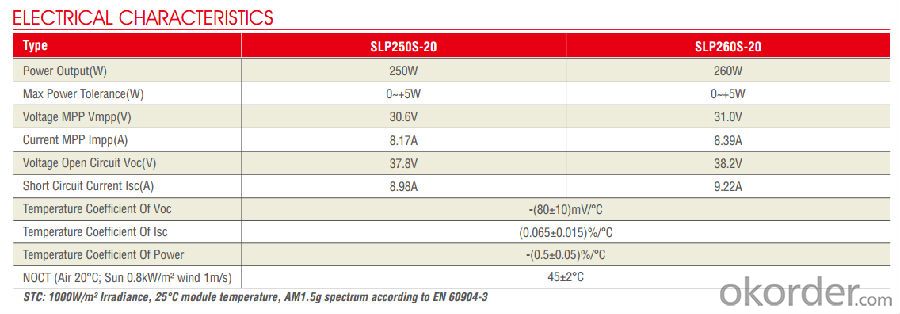

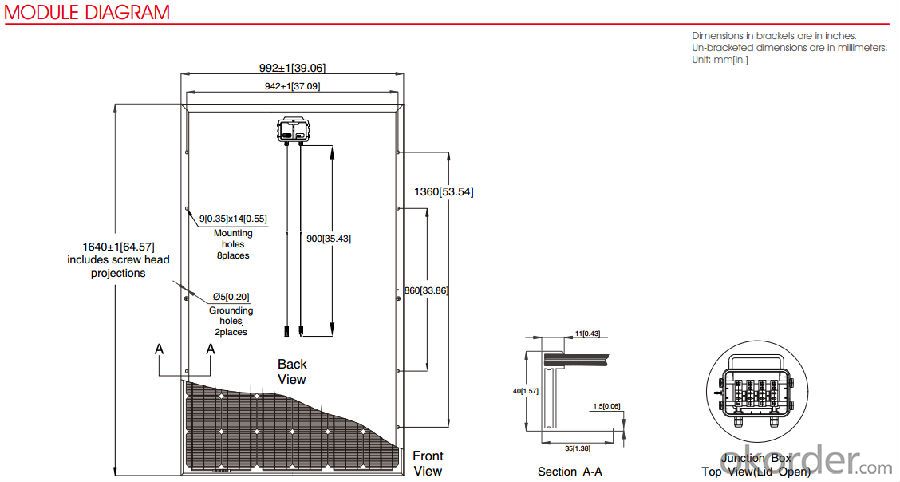
FAQ
Q:How to guarantee the quality of the products?
A:We have established the international advanced quality management system,every link from raw material to final product we have strict quality test;We resolutely put an end to unqualified products flowing into the market. At the same time, we will provide necessary follow-up service assurance.
Q:Can we visit your factory?
A:Sure,welcome at any time,seeing is believing.
Q:Which payment terms can you accept?
A:T/T,L/C,Moneygram,Paypal are available for us.
- Q: Can solar cells be used in remote areas with no grid access?
- Yes, solar cells can be used in remote areas with no grid access. Solar cells convert sunlight into electricity, making them an ideal solution for remote areas where traditional power grids are not accessible. These off-grid solar systems can provide a reliable and sustainable source of electricity for various applications such as lighting, charging small devices, and powering basic appliances. Additionally, advancements in battery storage technology allow excess energy generated during the day to be stored and used during the night, ensuring continuous power supply even in remote areas without grid access.
- Q: How do solar cells perform in coastal areas?
- Solar cells can perform well in coastal areas as they can harness sunlight effectively, even in regions with high humidity and salt exposure. However, the presence of saltwater and corrosive elements may require additional maintenance and cleaning to ensure optimal performance and longevity of the solar panels.
- Q: What is the impact of saltwater exposure on solar cell efficiency?
- Saltwater exposure can have a significant negative impact on solar cell efficiency. The saltwater can corrode the metal components of the solar cells, leading to a decrease in their performance and overall efficiency. Additionally, the saltwater can create a conductive pathway that can bypass the solar cells, resulting in a loss of electrical energy. Therefore, it is crucial to protect solar cells from saltwater exposure to maintain their efficiency and prolong their lifespan.
- Q: Are solar cells affected by electromagnetic radiation?
- Yes, solar cells are affected by electromagnetic radiation. In fact, solar cells rely on electromagnetic radiation, specifically sunlight, to generate electricity.
- Q: Can solar cells be used to power remote oil and gas monitoring systems?
- Yes, solar cells can be used to power remote oil and gas monitoring systems. Solar cells are a reliable and sustainable source of renewable energy that can be used to generate electricity in remote locations where access to the grid is limited. By harnessing the power of the sun, solar cells can provide a continuous supply of electricity to power monitoring systems for oil and gas operations, ensuring efficient and reliable monitoring in remote areas. Additionally, solar power offers environmental benefits by reducing reliance on fossil fuels and minimizing carbon emissions.
- Q: How do solar cells perform in areas with extreme temperature fluctuations?
- Solar cells generally perform well in areas with extreme temperature fluctuations. While high temperatures can slightly reduce their efficiency, modern solar cell designs are often equipped with cooling mechanisms to mitigate this issue. Additionally, solar cells are tested and designed to withstand temperature variations, including freezing temperatures. Overall, solar cells are designed to be robust and reliable in varying climates, allowing them to generate electricity efficiently even in areas with extreme temperature fluctuations.
- Q: Is the Solar Power Photovoltaic Cells the same as PV cells modules?
- According to the application needs, solar cells after a certain combination, to achieve a certain rated output power and output voltage of a group of photovoltaic cells, called PV modules
- Q: Can solar cells be used in extreme climates?
- Yes, solar cells can be used in extreme climates. Solar panels are designed to withstand a wide range of weather conditions, including extreme heat, cold, humidity, and even harsh environments like deserts or arctic regions. However, the performance of solar cells might be affected by extreme temperatures or limited sunlight in certain climates, so proper planning and adaptation may be required to optimize their efficiency in those conditions.
- Q: Can solar cells be used in healthcare facilities?
- Yes, solar cells can be used in healthcare facilities. They can be employed to generate electricity, which can power medical equipment, lighting, and other essential systems in healthcare facilities. Solar energy can help reduce reliance on the conventional power grid, providing a sustainable and cost-effective source of electricity for healthcare facilities, especially in remote or off-grid areas. Additionally, solar cells can contribute to reducing carbon emissions and promoting environmental sustainability in the healthcare sector.
- Q: Can solar cells be used for powering remote oil and gas pipelines?
- Yes, solar cells can be used for powering remote oil and gas pipelines. Solar energy is a sustainable and reliable source of power that can be harnessed in remote locations. By installing solar panels along the pipeline, energy can be generated and used to operate various equipment and systems, reducing the reliance on traditional power sources and minimizing the environmental impact.
Send your message to us
Cubesat Solar Cells High Efficiency Monocrystalline PV Module Black Backboard 250W-260W
- Loading Port:
- China Main Port
- Payment Terms:
- TT or LC
- Min Order Qty:
- -
- Supply Capability:
- -
OKorder Service Pledge
OKorder Financial Service
Similar products
Hot products
Hot Searches
Related keywords
